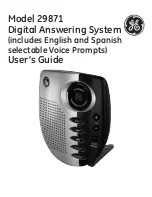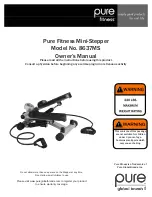
2
T
H
R
E
A
D
O
V
E
R
L
O
C
K
31
UL
LL
LN
RN
UL
LL
LN
RN
2-Thread Rolled Edge
The 2-thread version of the rolled edge is often
preferred for hemming very soft fabrics which might
become too stiff if sewn with three threads.
1. Clear the stitch fingers and adjust the stitch width
and length as for 3
-
thread rolled edge.
2. Set the machine for 2-thread serging (page 27),
using the right-hand needle.
3. Adjust tension as shown in the chart on the inside
back cover.
The tension adjustment causes the lower looper
thread to roll around the stitch finger, wrapping the
fabric edge. Sew a test sample. If the fabric edge is
not sufficiently rolled, increase the needle tension
and/or decrease the looper tension to help create the
desired effect.
Record your tension settings on the chart.
LL
RN
RN
LL
Lower Looper
Thread
Perfect seam
Wrong
side
Tighten
Tighten
Loosen
Right Needle
Thread
Summary of Contents for Celebrate BLS1
Page 1: ...TM Model BLS1...
Page 5: ...N O T E S 2 Notes...
















































